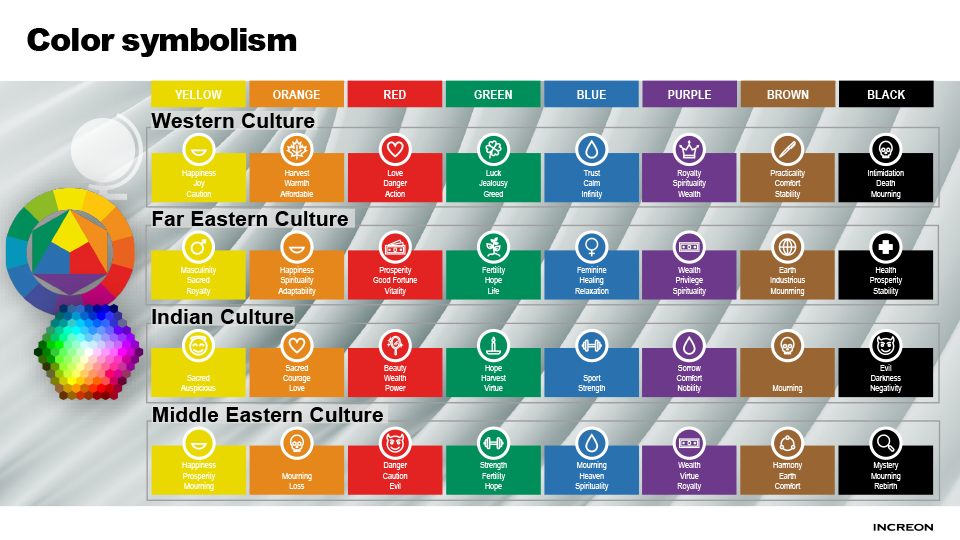Logo
In today’s global business environment of B2B companies, logos are not just simple graphics, but the powerful ambassadors of a brand. They act as a visual calling card, translating values and identity into a symbolic language that speaks across cultural and linguistic boundaries.


LOGO DEVELOPMENT.
Word mark, picture mark or word-picture mark – the three typical manifestations of logos.
What is a logo?
A logo is more than just a visual element – it is the face of a brand, a symbol of corporate identity and a key to communication with customers and business partners. Especially in B2B and international markets, logo development is gaining strategic importance. As a B2B agency, we know the nature of logos, the steps to logo development and the relevance of intercultural aspects.
The logo gives the brand its unique face, which expresses the character and philosophy of the brand.
A logo is a graphic element, often consisting of a combination of text, symbols and shapes that represent a brand. The logo is the first thing that customers and partners associate with a company, and it should convey the values, character and purpose of the B2B company.
Logo development for international B2B brands
Logo development for B2B companies requires an in-depth analysis of the target group, industry and market positioning. For us as a branding agency and brand consultancy, a successful B2B logo must exude professionalism, trustworthiness and expertise. In international markets, there is also cultural adaptation – colors, symbols and shapes can have different meanings in different cultures. So logo design must be sensitive to cultural nuances to achieve universal impact.
The effect of colors and shapes
Colors and shapes in the logo have a huge impact on the perception of different target groups. Blue can convey confidence and professionalism, while red can evoke attention and passion. Shapes like circles symbolize unity and community, while triangles can symbolize dynamism and progress. The combination of colors and shapes should be chosen carefully to evoke the desired emotional response. However, these examples alone show that this is not interpreted in the same way around the world. Blue may be associated with sadness, heaven and spirituality in the Middle East, and with healing and relaxation in the Far East. Red in the Middle East is associated with danger, warning and evil, in the Far East red is the color for prosperity, happiness and vitality.
Types of logos and trademark protection
There are different types of logos: Wordmarks, figurative marks, combinations of both, and abstract symbols. Word marks consist of the company name in a specific font. Figurative marks use an iconic image or symbol. Combined logos combine words and images. Abstract symbols are visual elements that have no direct connection to the company name, but represent the values or character of the brand. At the beginning of a logo development, it must be clear for us as a B2B branding agency what is needed and what should be developed. Only in this way can the development process also assess whether the strategy and creation fit.
The protectability of logos under trademark law is of central importance. A logo must be unique and distinguishable in order to receive legal protection. This prevents confusion with other brands and protects the B2B company’s investment in branding. For us as a B2B branding agency, the protectability of the logo is as important as the protectability of the name itself. Therefore, researching international databases is part of the process for us during logo development.
The process of logo development
Logo development is a step-by-step process. It begins with thorough research into the brand, the industry and the target group. Then comes the concept phase, where various ideas are sketched and discussed. Once a concept is selected, it moves to the design phase, where colors, shapes and fonts are determined. The final logo is created and checked for its applicability in various media and formats.
Intercultural aspects and conclusion
In a globalized world, intercultural aspects are crucial for logo development. A successful logo must overcome cultural barriers and be relevant in international markets. The combination of cultural understanding, strategic analysis and creative design results in a logo that not only reflects the identity of a B2B company, but also conveys a universal message of strength and reliability. B2B logo design in international markets thus strikes an artful balance between creativity and strategic thinking that lays the foundation for long-term success.








